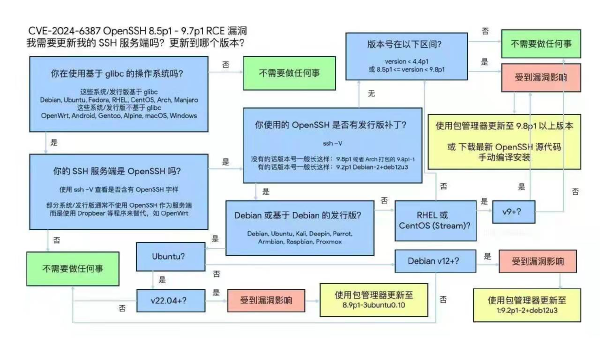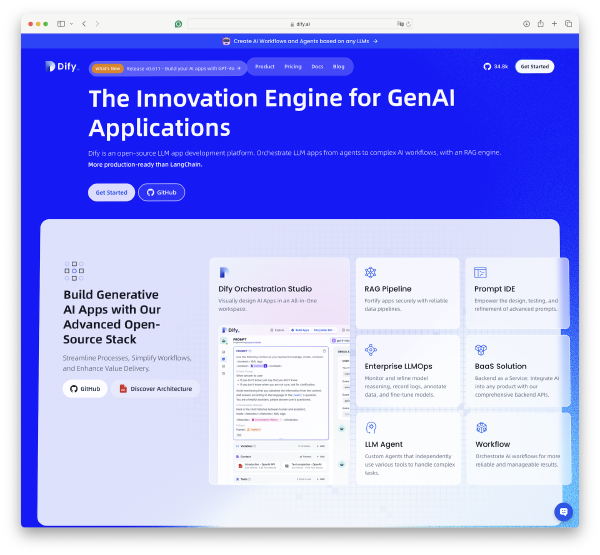Switzerland’s government leads the way with open source legislation, showing IT developing countries how to ensure software sovereignty and control. True autonomy and control stem from “open source communities,” not some “nationalist” style “domestic software.” Vonng’s Commentary
Author: Steven Vaughan-Nichols, Original Article
While the US government remains reluctant to use open source software, European countries are being more bold.
Several European countries are betting on open source software, while the US, not so much. The latest news from Europe is that Switzerland has taken a major step forward in its Federal Act on the Use of Electronic Means for the Performance of Government Tasks (EMBAG). This groundbreaking legislation mandates the use of open source software (OSS) in the public sector (government).
This new law stipulates that all public institutions must disclose the source code of software they develop or have developed for them, unless third-party copyrights and security confidentiality issues are involved. This “public money, public code” approach aims to enhance transparency, security, and efficiency in government operations.
Related reading: German state government abandons Microsoft, switches to Linux and LibreOffice
Making this decision wasn’t easy. As early as 2011, the Swiss Federal Supreme Court released its court application Open Justitia under an open source license. This upset proprietary legal software company Weblaw. For over a decade, political and legal battles over this issue continued. Finally, EMBAG was passed in 2023. This law not only allows the Swiss government or its contractors to release open source software, but requires that code must be released under open source licenses, “unless third-party copyrights or security-related reasons exclude or restrict this.”
Professor Matthias Stürmer, head of the Institute for Public Sector Transformation at Bern University of Applied Sciences, led this legislative battle. He calls this law a “huge opportunity for government, the IT industry, and society.” Stürmer believes everyone will benefit from this regulation because it reduces vendor lock-in in the public sector and allows businesses to expand their digital business solutions, potentially reducing IT costs and improving taxpayer service quality.
Besides mandating open source software (OSS), EMBAG also requires the government to release non-personal and non-security-sensitive data as Open Government Data (OGD). This dual “open by default” strategy marks a paradigm shift — a significant paradigm change toward greater openness and actual reuse of software and data.
EMBAG’s implementation is expected to become a model for other countries considering similar measures. It aims to promote digital sovereignty and encourage innovation and cooperation within the public sector. The Swiss Federal Statistical Office (BFS) is leading the implementation of this law, but organizational and financial aspects of OSS releases still need clarification.
Related reading: Why don’t more people use desktop Linux? I have a theory you might not like
Other European countries have also long supported open source software. For example, in 2023, French President Macron stated “we love open source”. The French National Gendarmerie (similar to the US FBI) uses Linux on their PCs. The European Union (EU) has long been committed to ensuring open source software security through its Free and Open Source Software Auditing (FOSSA) project.
However, things within the EU aren’t entirely smooth. Some worry that the European Commission will cut funding for the NGI Zero Commons Fund, an important source of funding for OSS projects.
In the United States, while there is some support for open source, it’s far less than in Europe. For example, the Federal Source Code Policy requires federal agencies to release at least 20% of new custom-developed code as open source software, but doesn’t mandate using open source software. The General Services Administration (GSA) also has an open source policy requiring GSA organizations to consider and release their open source code, advocating an “open first” approach to new custom code development.
Meanwhile: Does Linux need antivirus software?
Overall, while Switzerland’s legislative initiative places it at the forefront of the global open source movement, more work remains to be done in both Europe and the United States to promote the adoption and application of open source software.
Related Reading#
Can Domestic Databases Really Compete?
Are Databases Really Being Strangled?
Are Domestic Databases Like the Great Steel Campaign?
What Kind of Autonomous Control Does Infrastructure Software Really Need?
Is China’s Contribution to PostgreSQL Close to Zero?
Are Distributed Databases a False Requirement?
Which EL-Compatible Distribution is Best?
Airport Taxi Vicious Cycle and Domestic Database Strange Loop








